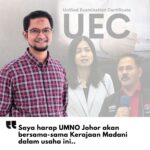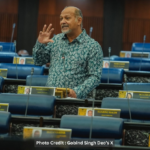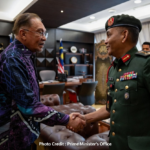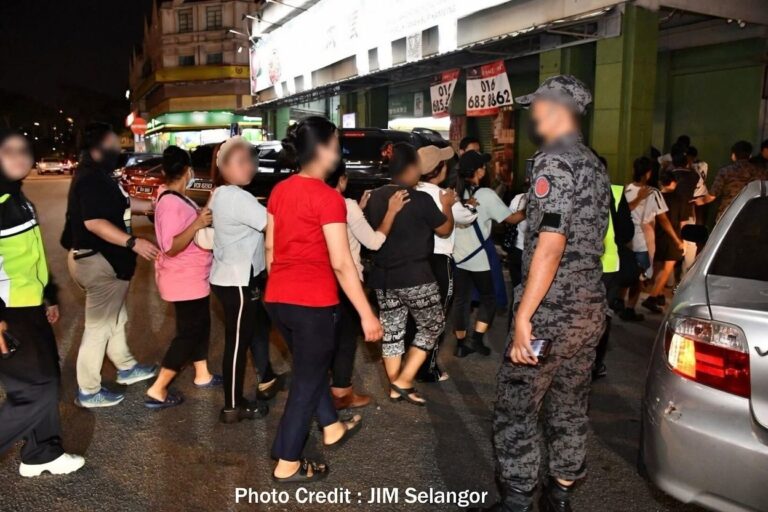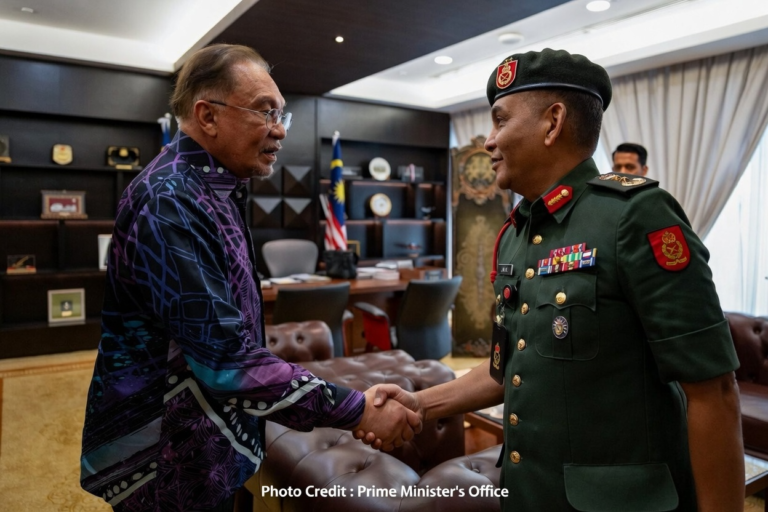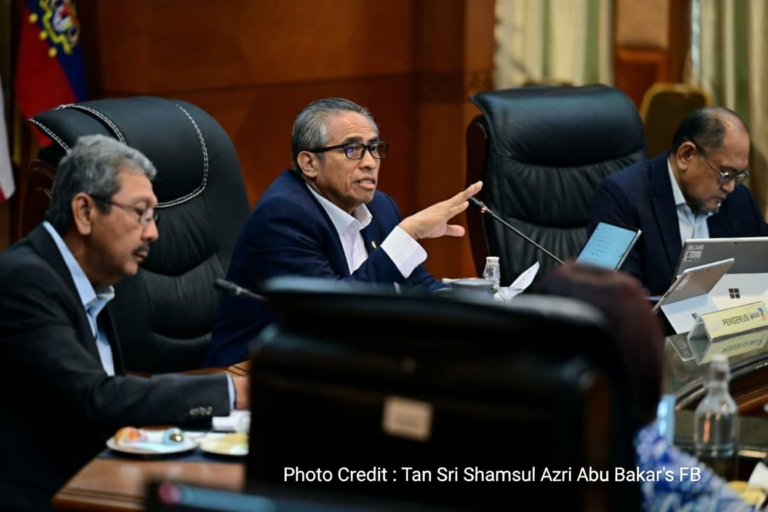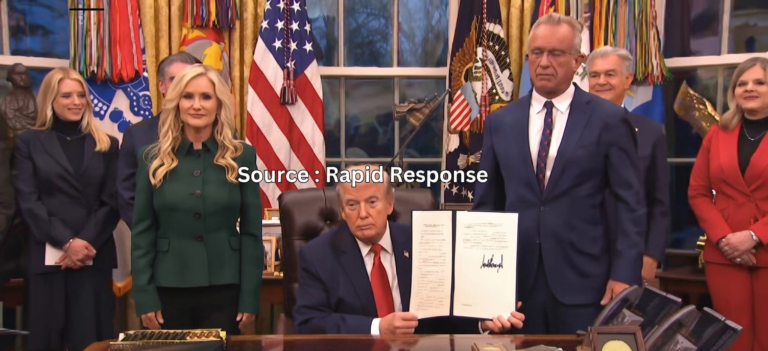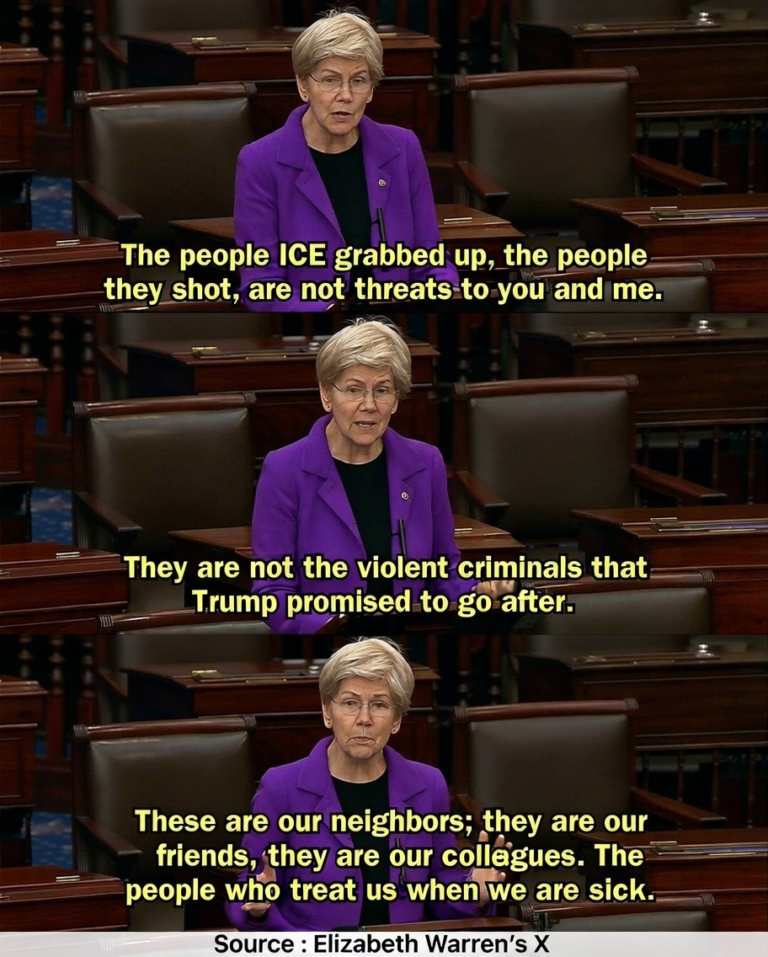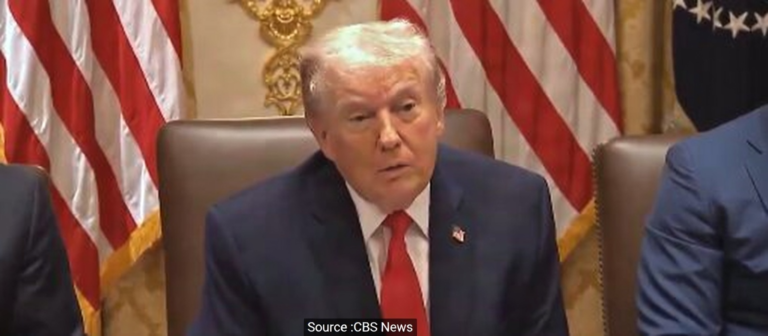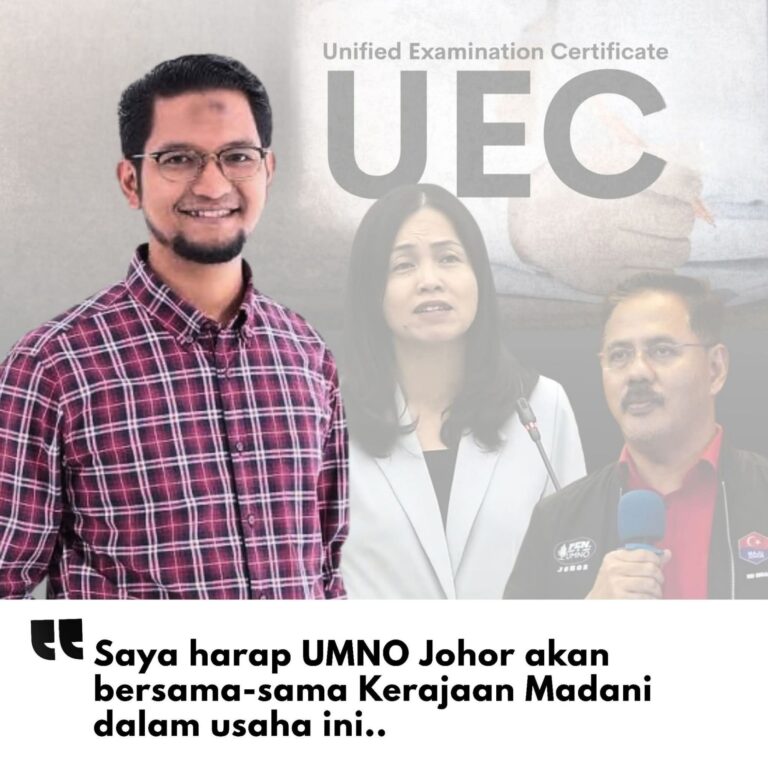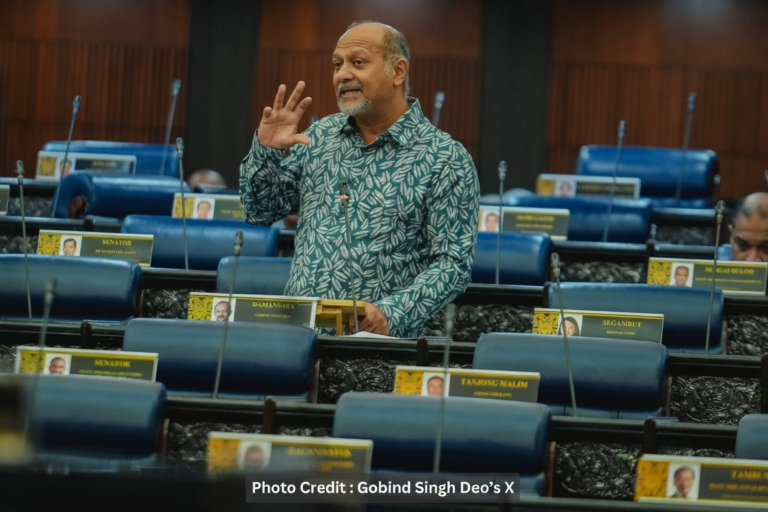
NEW YORK, Sept 24, 2025 – European Commission President Ursula von der Leyen held a “good and frank” meeting with Chinese Premier Li Qiang on the sidelines of the UN General Assembly here Wednesday, emphasizing the need to translate recent EU-China summit pledges into action on climate, trade, and global peace.

The discussion, which von der Leyen detailed in a post on X, built directly on the momentum from the 25th EU-China Summit in Beijing last July, which marked 50 years of diplomatic relations between the two powers. That gathering produced a joint statement on emissions reductions, committing both sides to submit comprehensive 2035 national climate plans covering all sectors ahead of COP30 in Brazil next year. Von der Leyen welcomed China’s pledges to bolster contributions to global climate goals, including adherence to the Paris Agreement, deeper bilateral low-carbon development, and carbon pricing mechanisms.
“We highlighted the plastics treaty as an example of how Europe and China can use their combined influence to make a difference in multilateral fora,” von der Leyen wrote, adding that “ahead of COP30, the world is watching Europe and China, and we are committed to delivering results.” Li Qiang echoed the call for concrete steps, urging the EU to advance bilateral relations through joint actions that uphold fair competition and WTO rules, while stressing shared interests in global stability.
Trade tensions loomed large, with von der Leyen reiterating Europe’s longstanding concerns over Chinese export controls, market access barriers, and industrial overcapacity. Beijing’s tightened restrictions on rare earth exports—imposed in April and further ramped up since late last year—have already triggered production halts for EU firms in defense, energy, and automotive sectors, where China dominates about 90% of global magnet production. Despite July promises to ease these controls, European companies continue to face delays and require proof that materials won’t be repurposed for military use. Li expressed willingness to engage “in a spirit of mutual understanding,” but called for the EU to match words with deeds.
The conversation took a sharper turn on Russia’s war in Ukraine, where von der Leyen pressed China to wield its influence to halt the invasion and push Moscow toward negotiations. “Time for diplomacy is now. It would send a strong signal to the world,” she stated, noting shared interests in world peace. This came just a day after Ukrainian President Volodymyr Zelenskiy addressed the UN Security Council, declaring that “without China, Putin’s Russia is nothing” and urging Beijing to leverage its economic leverage over Moscow to end the conflict—or risk a dangerous global arms race. Zelenskiy suggested that a potential U.S. leadership change under Donald Trump could shift Xi Jinping’s stance, given Trump’s past calls for tariffs on nations aiding Russia. China, for its part, reiterated support for peace talks in an August statement from Xi amid stalled negotiations, though specifics remain vague.
The leaders agreed to foster trust through regular coordination, amid broader G7 discussions on countermeasures like price floors for rare earths to blunt China’s dominance. As the EU grapples with deindustrialization risks from green transitions and supply chain vulnerabilities, the meeting underscores the delicate balance: collaboration on planetary threats, confrontation on economic and security fronts.Von der Leyen’s full statement is available on the European Commission website.


